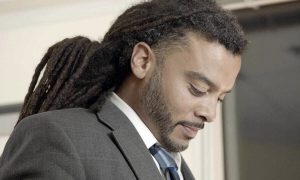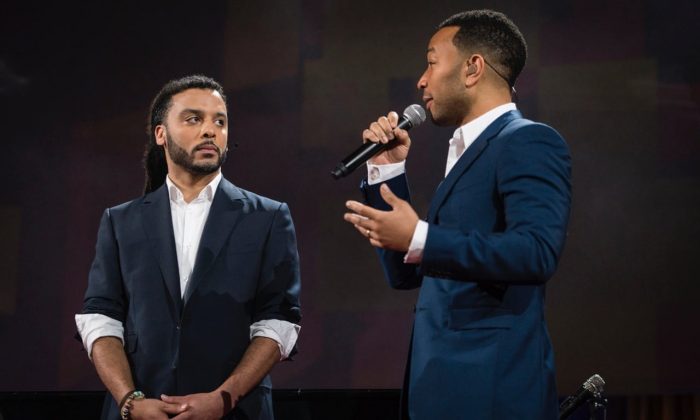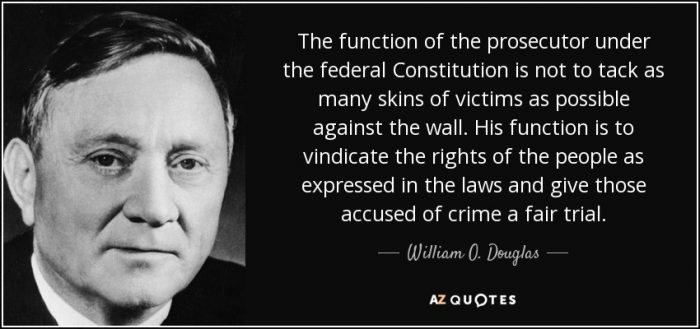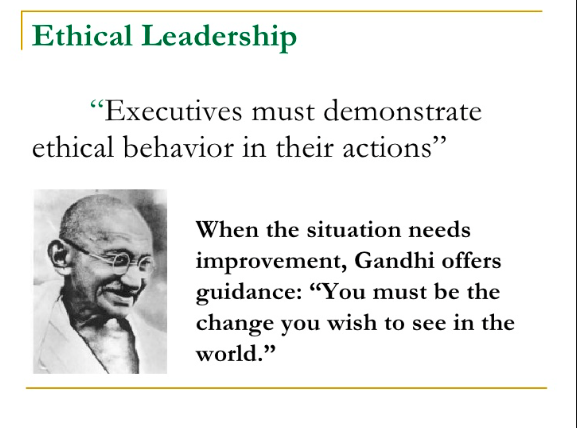
23 mrt 2023
When a kid commits a crime, the US justice system has a choice: prosecute to the full extent of the law, or take a step back and ask if saddling young people with criminal records is the right thing to do every time. In this searching talk, Adam Foss, a prosecutor with the Suffolk County District Attorney’s Office in Boston, makes his case for a reformed justice system that replaces wrath with opportunity, changing people’s lives for the better instead of ruining them.

27 mei 2016
When a young person commits a crime, the American justice system has a choice: prosecute them with the full weight of the law, or pause for a moment and reflect on whether putting the burden of a criminal record on young people is always the right thing to do. In this thorough talk, Adam Foss, prosecutor for the Suffolk County District Attorney’s Office in Boston, argues for a reform of the justice system that replaces anger with opportunity, changing people’s lives for the better instead of ruining them.

Gepubliceerd op 12 apr. 2016
When a kid commits a crime, the US justice system has a choice:
- prosecute to the full extent of the law,
- or take a step back and ask if saddling young people with criminal records is the right thing to do every time.
In this searching talk,
Adam Foss, a prosecutor with the Suffolk County District Attorney’s Office in Boston,
makes his case for a reformed justice system that
replaces wrath with opportunity,changing people's lives for the better instead of ruining them.
Searching talk
Intended to find out the often hidden truth about something:
I think we need to ask some searching questions about how the money has been spent.
Synonym probing
wrath
noun [ U ] formal or old-fashioned UK
extreme anger:
The people feared the wrath of God.
Cambridge Dictionary




